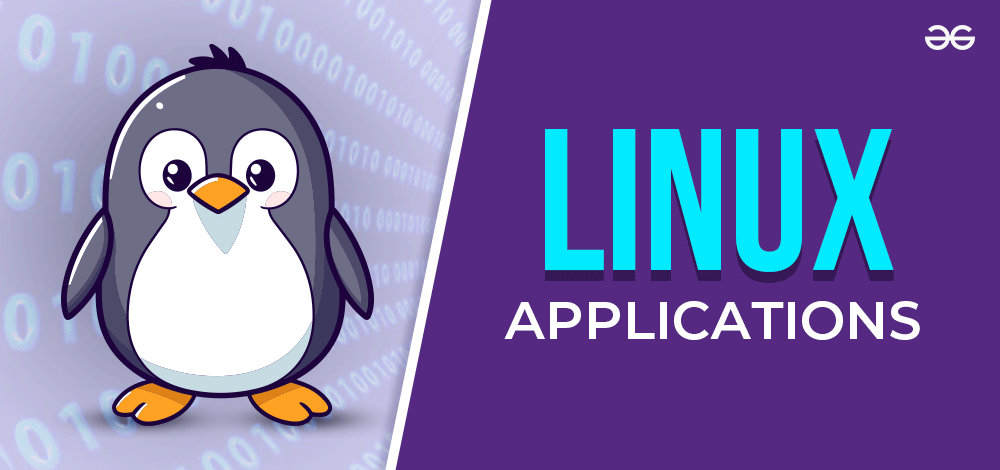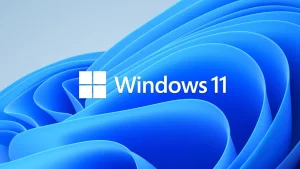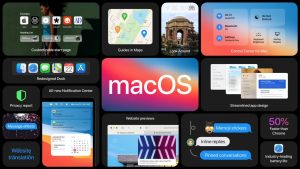
Linux Software
Linux Software: A Diverse and Dynamic Ecosystem
Linux, the open-source operating system, has gained significant traction in recent years, particularly among developers, system administrators, and enthusiasts seeking flexibility, control, and cost-effectiveness. With its vast repository of software, Linux offers a diverse and dynamic ecosystem that caters to a wide range of needs. In this exploration of Linux software, we’ll delve into the key categories, popular applications, and trends shaping the future of this thriving community.
Core Linux Utilities: The Foundation of the System
At the heart of the Linux experience lies a suite of essential utilities that provide the foundation for system administration and user interaction. These include:
- Shell: The command-line interface that allows users to interact with the system and execute commands. Popular shells include Bash, Zsh, and Fish.
- Package Managers: Tools used to install, update, and remove software packages. Popular package managers include apt (Debian/Ubuntu), yum (Fedora/CentOS), and dnf (Fedora/CentOS).
- Text Editors: Essential tools for editing configuration files and writing scripts. Popular text editors include Vim, Emacs, and Nano.
- Terminal Emulators: Applications that provide a visual interface for interacting with the shell. Popular terminal emulators include GNOME Terminal, Konsole, and Xfce Terminal.
The World of Linux Distributions
One of the defining characteristics of Linux is the wide variety of distributions available. Each distribution packages together a specific set of software and configuration options, tailored to different use cases. Some of the most popular Linux distributions include:
- Ubuntu: A beginner-friendly distribution known for its ease of use and extensive community support.
- Debian: A stable and reliable distribution that serves as the foundation for many other Linux distributions.
- Fedora: A cutting-edge distribution that often incorporates the latest technologies and features.
- CentOS: A community-supported version of Red Hat Enterprise Linux, widely used in enterprise environments.
Desktop Environments and Window Managers
Linux offers a variety of desktop environments and window managers, allowing users to customize their experience to their preferences. Some popular options include:
- GNOME: A popular desktop environment known for its clean and modern interface.
- KDE Plasma: A feature-rich desktop environment with a customizable interface.
- XFCE: A lightweight desktop environment suitable for older hardware or users who prefer a minimalist approach.
- i3: A tiling window manager that emphasizes efficiency and productivity.
The Vast Ecosystem of Linux Software
The Linux ecosystem boasts a vast repository of software, covering a wide range of categories. Some of the most popular categories include:
- Office Suites: LibreOffice and WPS Office are popular free and open-source alternatives to Microsoft Office.
- Web Browsers: Firefox, Chromium, and Vivaldi are popular web browsers for Linux.
- Media Players: VLC Media Player, MPV, and Kodi are versatile media players capable of handling a wide range of file formats.
- Development Tools: Linux is a popular choice for developers, with a wide range of tools available for programming, testing, and deployment.
- Games: While gaming on Linux has historically been less prevalent than on Windows, there has been significant progress in recent years, with many popular games being ported to Linux.
Trends Shaping the Future of Linux Software
As technology continues to evolve, so too does the landscape of Linux software. Several trends are shaping the future of this dynamic ecosystem:
- Containerization: Containerization technologies like Docker and Kubernetes are gaining popularity, enabling developers to package applications and their dependencies into portable containers.
- Cloud Computing: Linux is a dominant player in the cloud computing market, powering many popular cloud platforms.
- Artificial Intelligence: AI is making its way into Linux software, enhancing features like natural language processing, machine learning, and automation.
- Convergence with Mobile: Linux is increasingly being used on mobile devices, blurring the lines between desktop and mobile operating systems.
In conclusion, Linux software offers a diverse and dynamic ecosystem that caters to a wide range of needs. From productivity tools to development environments and gaming, Linux provides a flexible and customizable platform that empowers users to take control of their computing experience. As technology continues to advance, we can expect to see even more innovative and exciting software solutions emerging for the Linux ecosystem.





